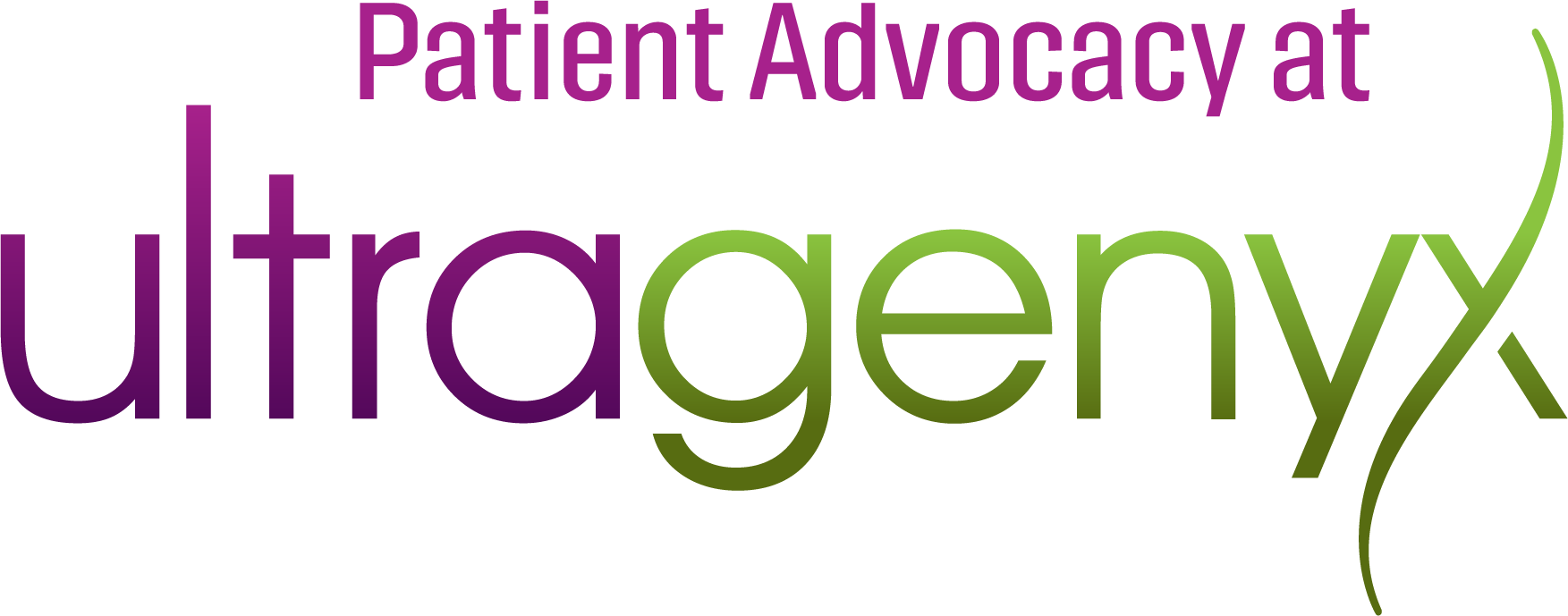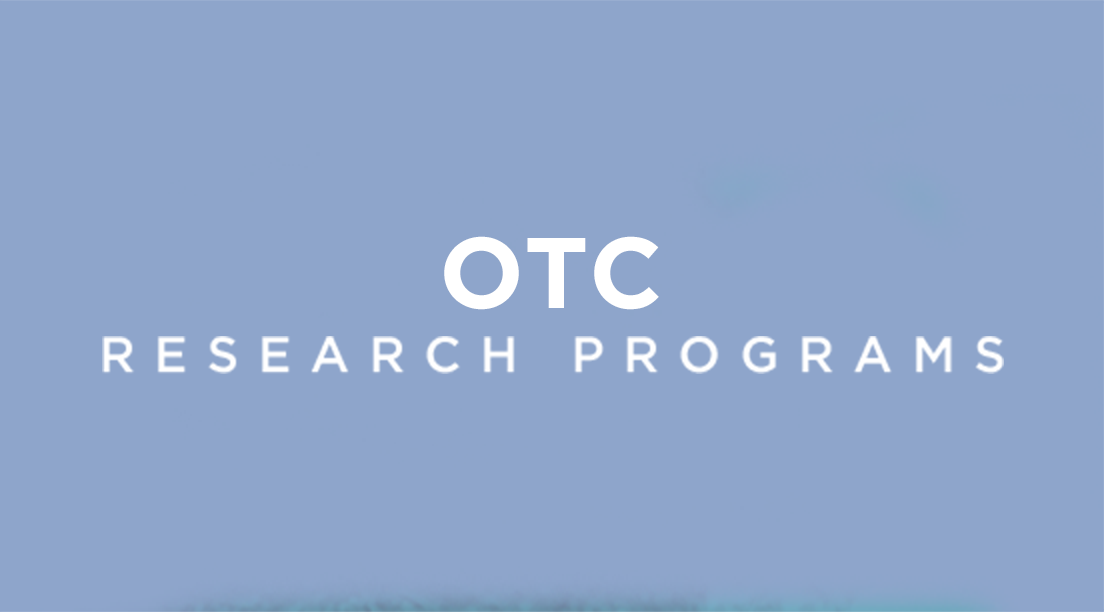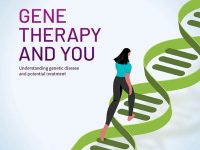Also known as Ornithine Carbamoyltransferase Deficiency disease
What is it?
Ornithine Transcarbamylase (OTC) Deficiency is an X-linked genetic disorder that has a wide range of symptoms and severity. Babies with neonatal onset become ill within the first 30 days of life and those with late onset become ill after 30 days of age through adulthood.
What Causes It?
OTC is a disorder that results from mutations (or changes) in the OTC gene, which decreases the amount of the OTC protein or changes how it works. The OTC protein is a liver enzyme that is responsible for the breakdown of ammonia, a substance formed when proteins are digested in the body. Ammonia is toxic to the brain and people with OTC deficiency can have very high levels of ammonia when they become ill with a viral infection or eat too much protein.
What Are Some Common Symptoms?1,2,3
Infants
- Refusal to eat
- Sleepiness
- Irritability
- Seizures
- Decreased muscle tone
- Breathing problems
- Intellectual disability and developmental delays (if left untreated)
Adults
- Headaches
- Nausea
- Difficulty forming words,
- Decreased ability to coordinate movements
- Confusion
- Blurred vision
How Many People Have It?
About 1 in every 56,500 people are born with OTC deficiency worldwide.
Ornithine transcarbamylase deficiency. MedlinePlus website. https://medlineplus.gov/genetics/condition/ornithine-transcarbamylase-deficiency/. Published March 19, 2019. Accessed March 29, 2019.
Brassier, A., Gobin, S., Arnoux, J.B. et al. Long-term outcomes in Ornithine Transcarbamylase deficiency: a series of 90 patients. Orphanet J Rare Dis 10, 58 (2015). https://doi.org/10.1186/s13023-015-0266-1
National Organization for Rare Disorders. Ornithine Transcarbamylase Deficiency. NORD website. https://rarediseases.org/rare-diseases/ornithine-transcarbamylase-deficiency/. Published 2017. Accessed November 1, 2021.
Intended for U.S. audiences only
Participate in OTC Research
To talk to someone and get more information about Ultragenyx clinical trials and research, email TrialRecruitment@ultragenyx.com.Clinical Trials
Research plays a critical part in advancing science and treatments. Volunteers who participate in this research are essential. Future therapies would not be possible without them. Participating in clinical trials, interviews, observational studies, and disease monitoring programs help to drive research, treatment development, and disease education. It is also a way to advocate for yourself and your community.
Upcoming Community Events
Participate in Events Near YouOTC Deficiency Patient Advocacy Groups*
*These organizations are an incomplete listing of rare disease advocacy groups and are not controlled by, endorsed by, or affiliated with Ultragenyx Pharmaceutical Inc. The list is meant for informational purposes only and is not intended to replace your healthcare professional’s medical advice. Ask your doctor or nurse any questions you may have about your disease or treatment plan. If you would like to have your group added to the list, please contact patientadvocacy@ultragenyx.com.
Rare Experiences
View All ExperiencesComing Soon
We’d love to hear your story and add you to our community of rare experiences.


